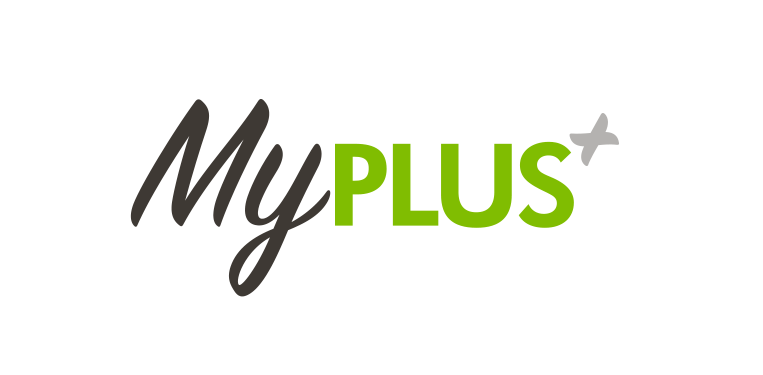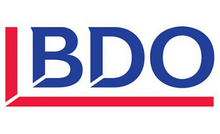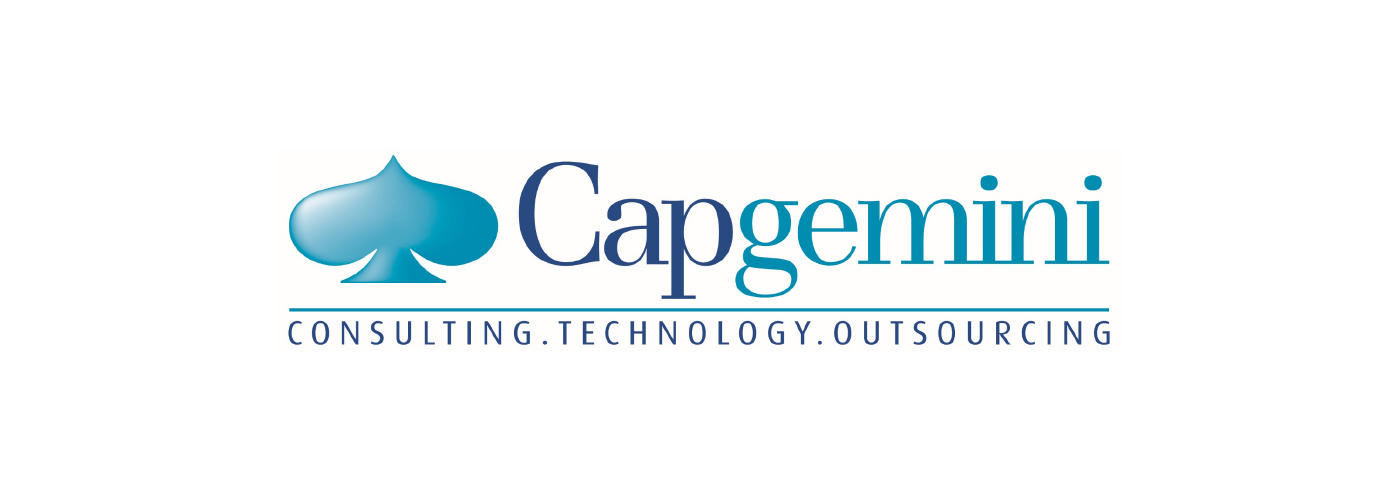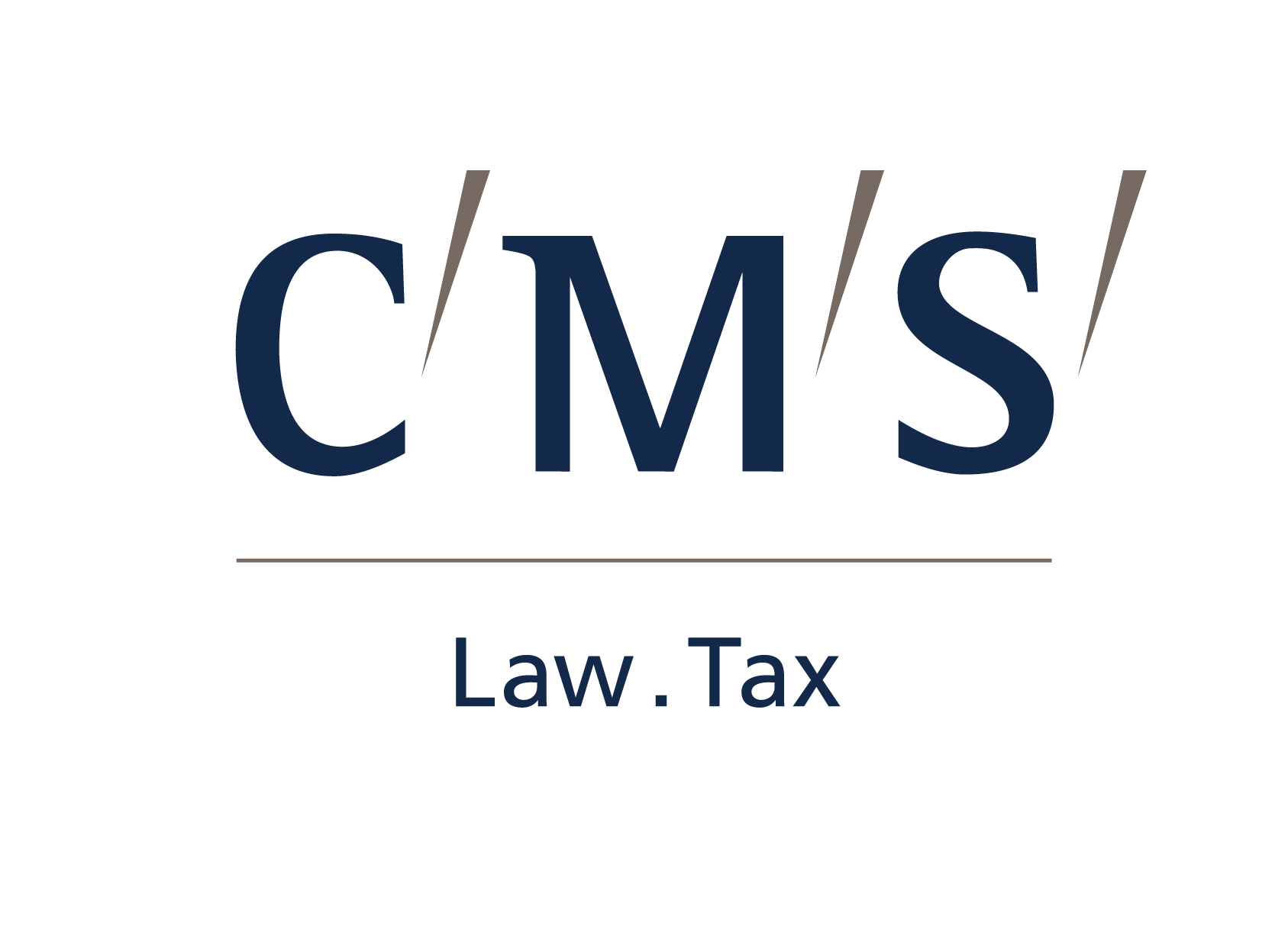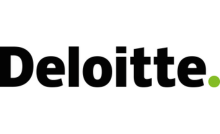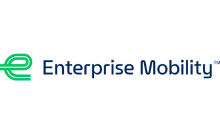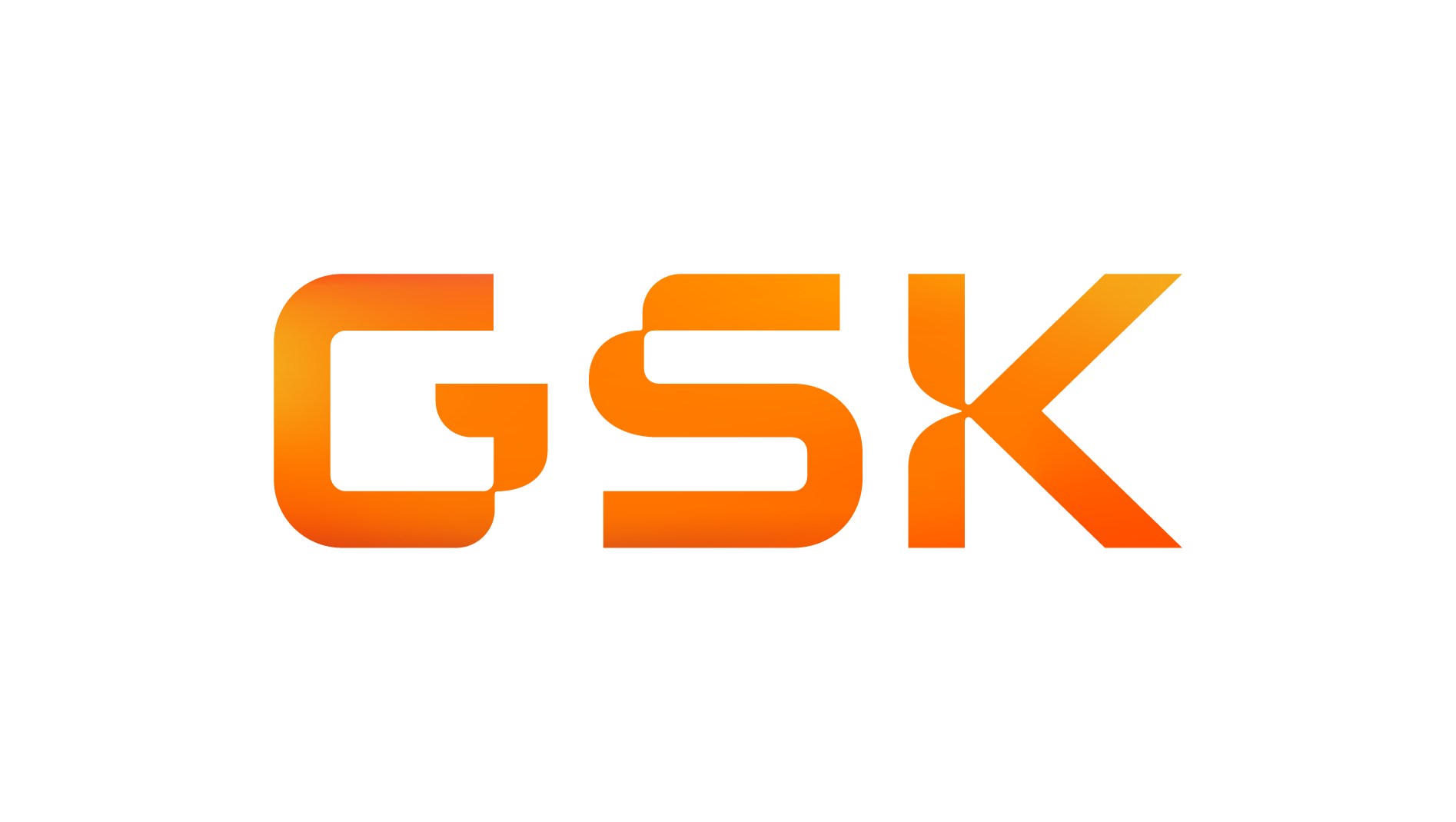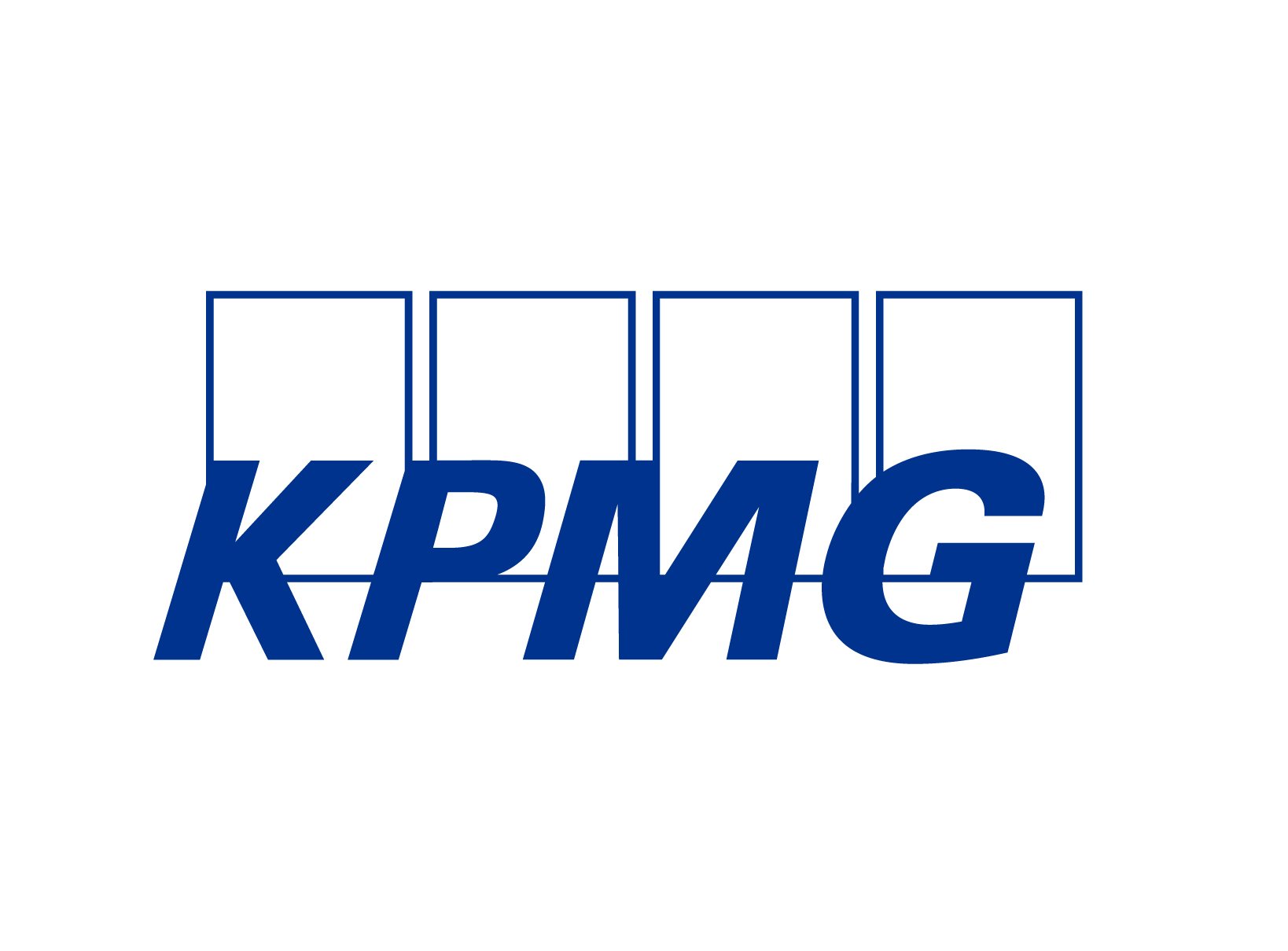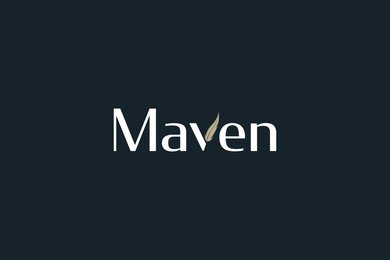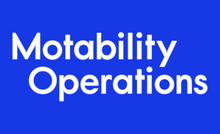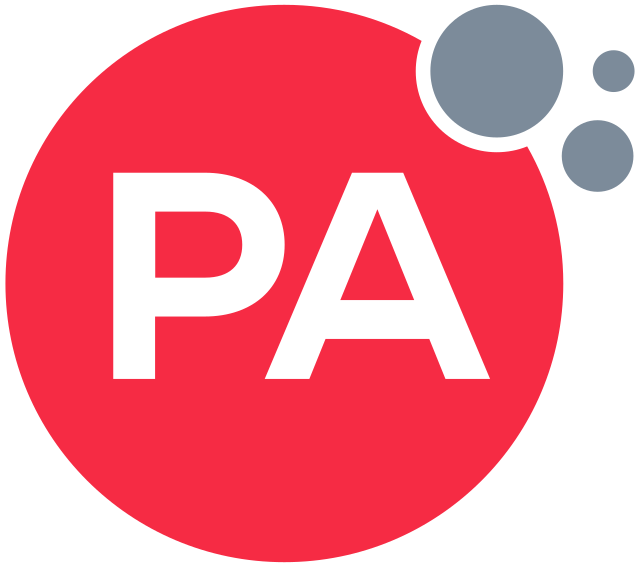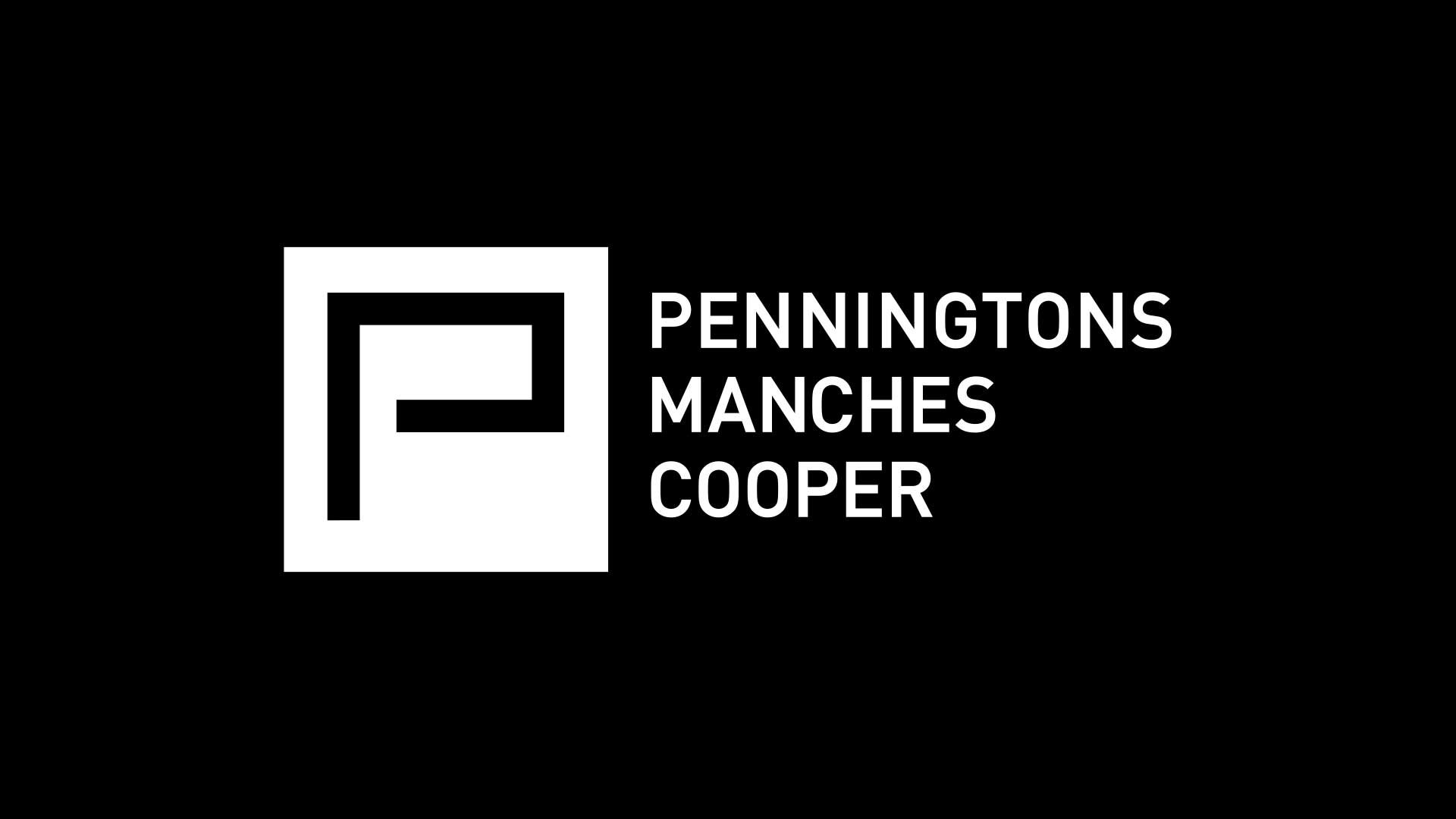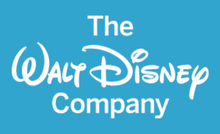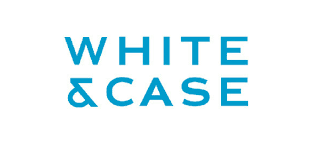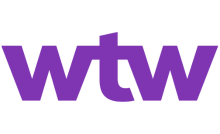Author- Helen Cooke, CEO & Founder, MyPlus
Few employers still need convincing of the talent that exists among disabled individuals, with most organisations aware that to overlook this talent pool is to miss out on bright, motivated and able individuals. Instead, the challenge lies in what it actually means to have an inclusive resourcing process? And how can recruiters be certain that this is the case in their organisation?
Employers will frequently state that their recruitment process is inclusive; that it is barrier free – not least that no organisation intentionally has barriers in its recruitment process. However unless there is real understanding of what is meant by an inclusive process, and unless it is objectively reviewed through a disability lens, you can’t be certain that barriers don’t exist for disabled applicants.
The following are the 5 key areas of your recruitment process that it is imperative to audit if you are to ensure you process is barrier free for disabled applicants:
Engagement / Attraction
Are you proactively telling disabled job seekers that you want them, that you will support them and that they are valued in your organisation? If not, you have no chance of encouraging them to apply to your organisation.
In addition to the usual questions that all job seekers have about a potential new employer, disabled job seekers have an additional set of questions, and concerns, to do with their disability including how they will be included and supported in the workplace, and employers must address these if they wish to be seen as employers of choice for this talent pool.
This will involve having information on your website – both your corporate website and your careers website - about your commitment to being an inclusive employer and what this specifically means for disabled employees. There must be information about the support that individuals can access during the recruitment process and in the workplace, and this must be brought to life with role models and case studies.
For student recruitment, employers must ensure that all activities and messaging highlight disability; presentations must include disability specific information, and brand ambassadors and campus reps must all be able to talk confidently about your organisation as a disability inclusive employers.
Encouraging disclosure
76% of job seekers fear telling a potential employer about their disability*; this is an awful lot of fear. And it is also a huge barrier to individuals being able to progress through your recruitment process.
The key reason employers ask individuals about disability is so that you can provide any support or adjustments they may require. Without this, individuals may face a barrier in the recruitment process resulting in them being rejected for a role that they are more than capable and qualified to do. What a waste of talent!
To encourage applicants to be open about their disability and request the support they require, employers need to educate them on the benefits of being open (avoid using the word ‘disclosure’) and the consequences or not. They should also make it easy for applicants to request the support they require by providing space on the application form and asking them in all correspondence what they may need.
Language / correspondence
Are you still asking applicants to ‘disclose’ or ‘declare’ their disability? And do you ask if they require ‘reasonable adjustments’? If so, please stop! This language is not helpful.
When we ask someone to disclose or declare their disability, it sounds as if they have a horrible secret that they are keeping from us. It is more encouraging to ask people to let you know if they require any adjustments; please inform us......; please share any information....
Similarly, the phrase ‘reasonable adjustments’ is not helpful; it is a legal phrase dating back to the Disability Discrimination Act (1994) when employers were told they had a ‘duty to make reasonable adjustments’. Applicants don’t know what is ‘reasonable’ to ask for anymore than employers know what is ‘reasonable’ to do.
Instead, aim to use more everyday terminology; rephrase the question along the lines of: If you require any support or adjustments during the recruitment process for any reason, including those related to a disability, please let us know.
Adjustment process
Do you have a clearly documented adjustment process that makes it easy for those responsible for implementing support and adjustments to do so? If you do, is it fit for purpose? And if you don’t, it is strongly recommended that you do!
Without a process, implementing support and adjustments can be really hard and just feels like a hassle. The candidate will feel like they are causing a fuss and aren’t wanted - which is the last thing that any employer wants anyone to feel. Having a robust adjustment process will make the whole process of providing support during the recruitment process efficient and effective; and will ensure there are no delays to the process. The process must be readily accessible and available for the recruitment team to use; it is also strongly advised to provide appropriate training.
Disability confident stakeholders
You can ensure that all of the above is in place however unless your stakeholders are confident to engage with disabled applicants and support them through the process, a huge barrier will remain.
Disability confidence is key for all those who are involved in recruitment process; from those screening the applications and putting support in place to those who are conducting the interviews and onboarding successful candidates.
Building disability confidence can seem challenging, as there is often perceived sensitivity around what can be discussed and nervousness about balancing confidentiality with the need to provide support. However, having an open mindset and the confidence to engage in conversation will help you to achieve success.
By considering these 5 areas of your recruitment process you will identify what needs to be implemented and/or improved to ensure that your organisation appeals to disabled candidates and that you can provide them with a barrier free experience. This in turn will enable you to broaden your talent pool and recruit the right talent for your business.
MyPlus Consulting has over 17 years of experience of working with multinational corporates in a variety of industries, providing disability employment services, including recruitment process audits. For further information visit our MyPlus Consulting page or email info@myplusconsulting.com.
